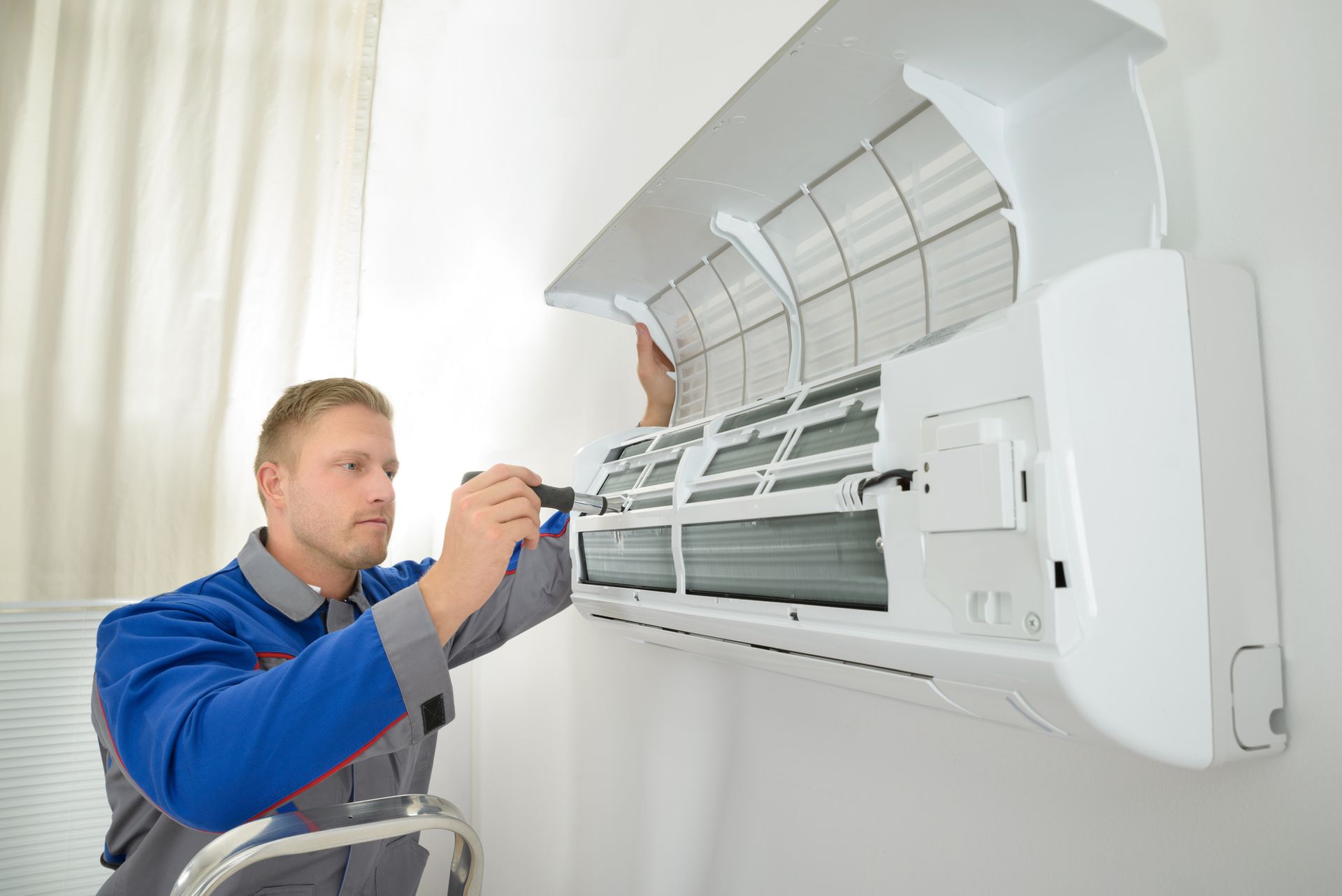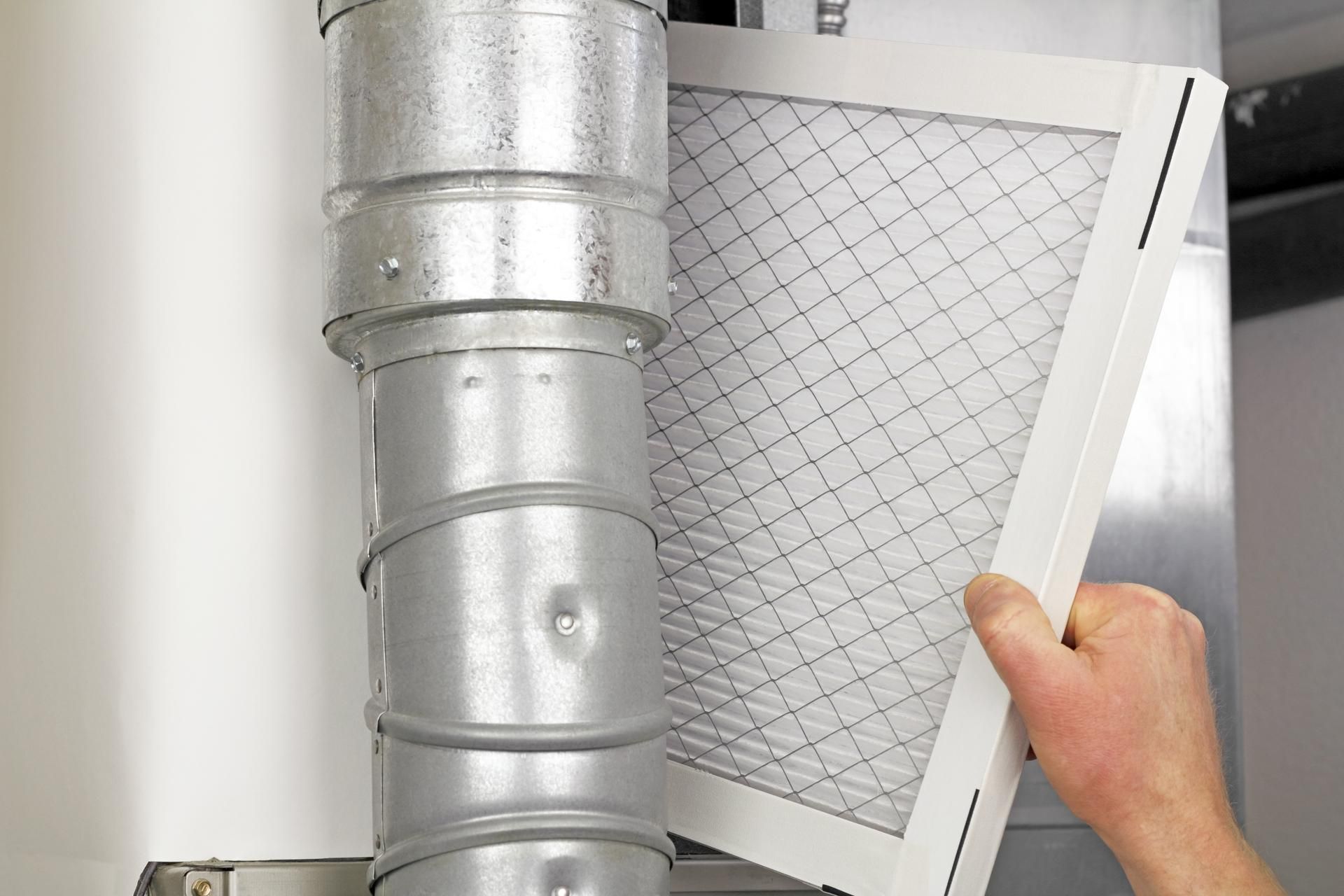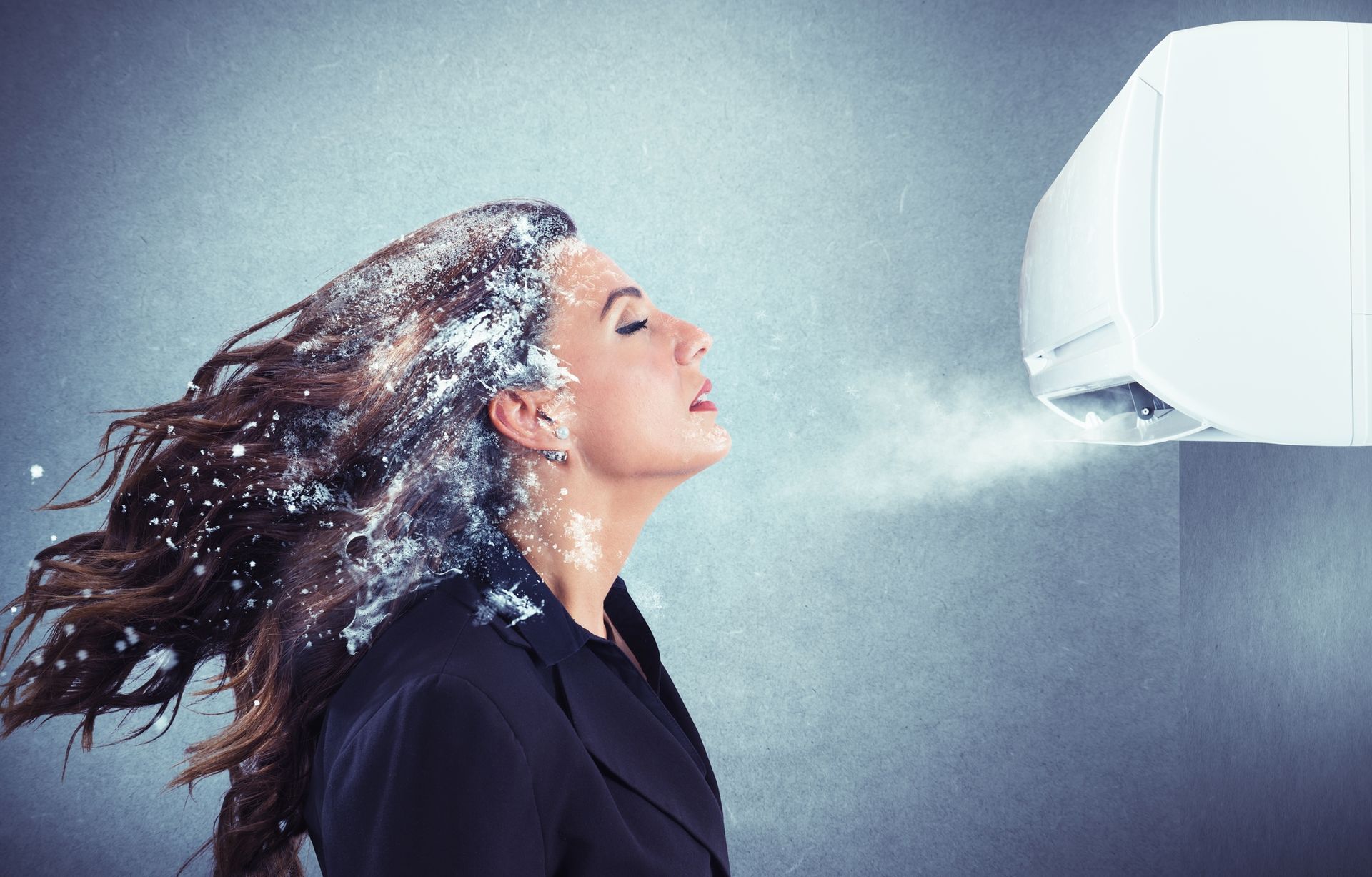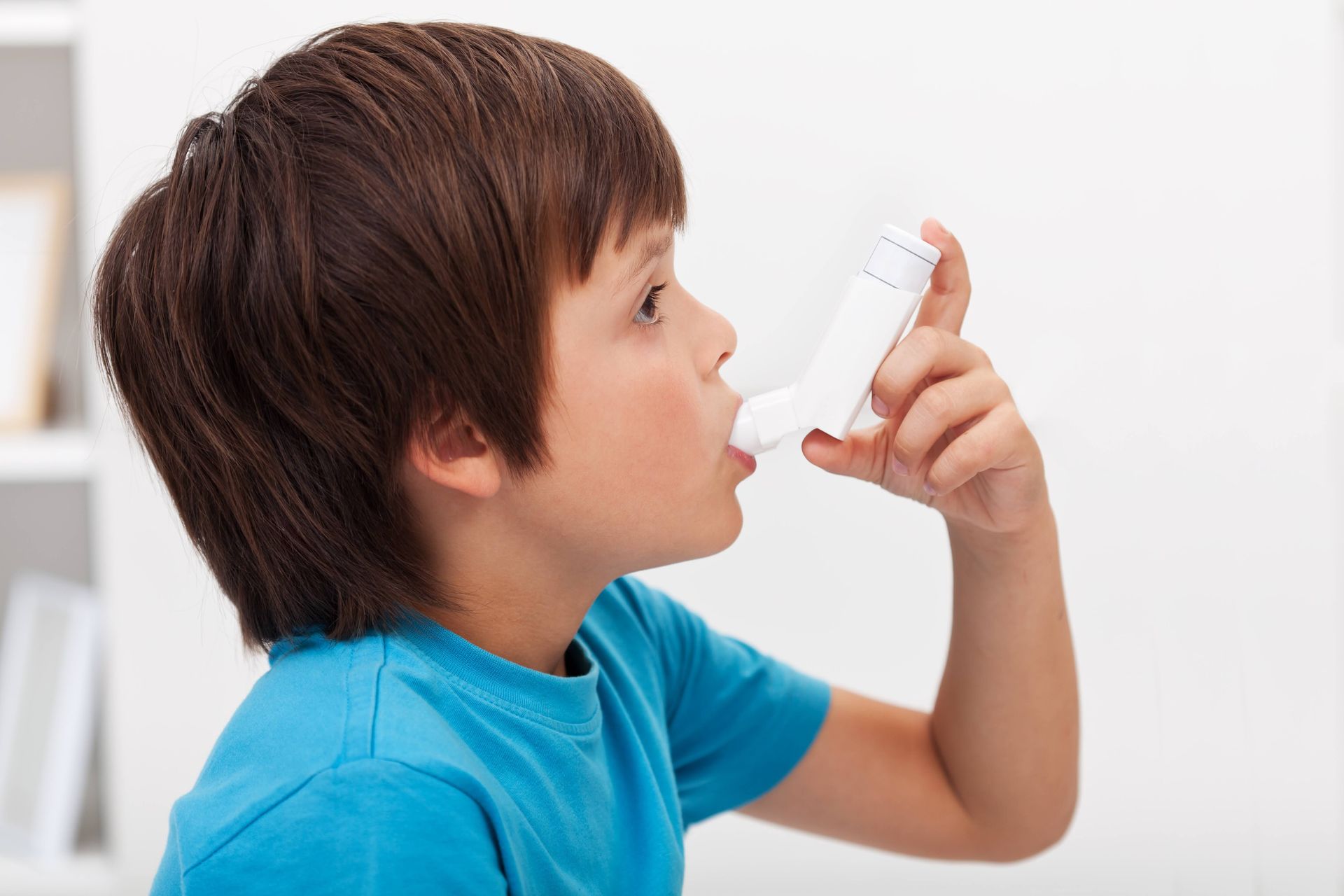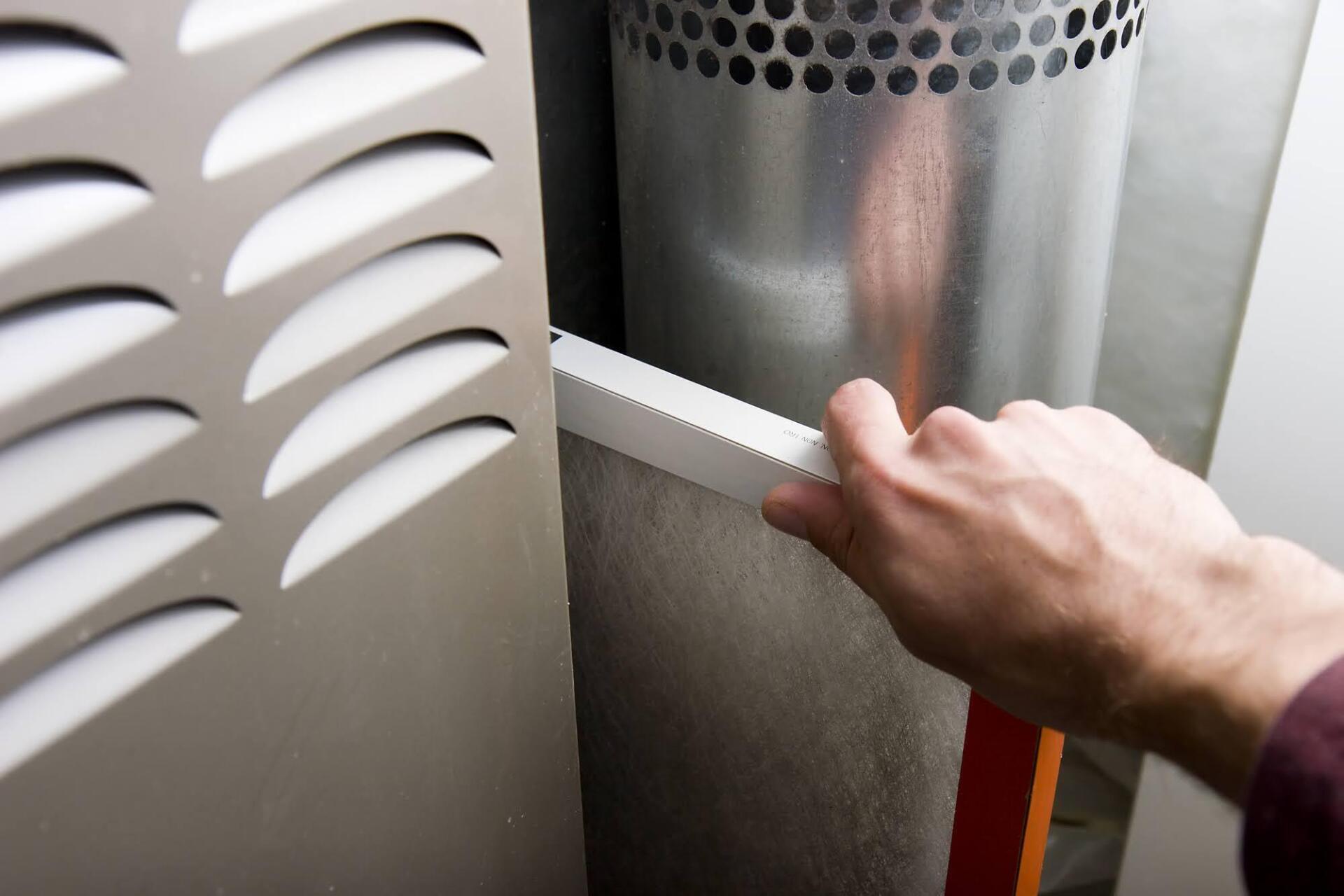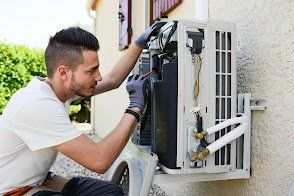5 Odors That Could Smell Trouble for Your Furnace
admin | October 29, 2019
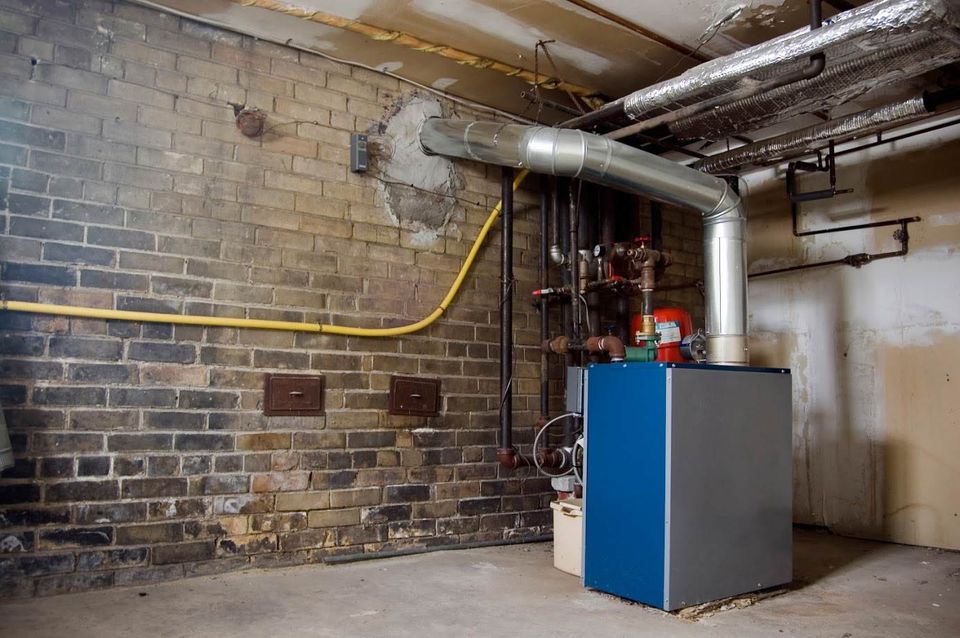
5 Odors That Could Smell Trouble for Your Furnace
Our sense of smell is pretty powerful, even if it is no match for the average four-legged mammal. A human’s sense of smell is powerful enough to pick up on odors that seem out of place in the average home. When your furnace suddenly becomes a source of unsavory smells, it's usually a sign that something's gone wrong with your heating system.
Different odors can pinpoint different issues affecting your furnace's performance. Keep your nose open for these five odors and what they mean for your heating system.
1. Burning Plastic
Plastics aren't known for their pleasant aromas, especially when subjected to heat. If your home fills with the aroma of burning plastic every time you use your furnace, consider the following culprits:
- Foreign objects like used plastic utensils or children's toys stuck in the ductwork or near the heat exchanger
- An overheating electrical component with a plastic shell, such as a relay or circuit board
- Plastic-clad wiring that's overheating or arcing due to an electrical malfunction
2. Soot and Smoke
A sooty or smoky odor is definitely a problem for your furnace, but the underlying culprit can differ depending on the type of furnace used in your home. On a gas- or oil-fired furnace, the culprit could be a malfunctioning burner that can't burn fuel properly. On an electric furnace, the problem may involve malfunctioning heating elements.
Blockages in the furnace's venting system can also cause smoke and exhaust gases to backtrack into the home. Regardless of the issue, you should turn off your furnace immediately upon smelling smoke and call your HVAC technician.
3. Mold and Mildew
Musty, dank odors not only make your home smell and feel old, but the aromas also make your home's indoor air unhealthy. Exposure to mold and mildew via your furnace can trigger a host of symptoms, including nasal congestion, sneezing, and sore throat. If there's a moldy odor coming from your furnace, you should take these steps to clear the air:
- Have a professional treat your ductwork and air vents for mold and mildew.
- Change your furnace air filters at least once every three months.
- Keep a close eye on your home's indoor humidity levels and use dehumidifiers to combat excess moisture.
- Watch for any condensate leaks within your furnace.
- If you have a combination AC and furnace system, make sure the AC portion's condensate tray is emptied and free of any drain blockages.
4. Rotten Egg
Did you forget to take out the garbage? If your garbage is clear and you still smell the scent of rotten eggs in your home, then you need to act quickly. If your furnace is still running, shut it off, get yourself and anyone else out of the home immediately, and leave the doors open. Once you're a safe distance away from the house, call your gas provider's emergency line or dial 911 and ask for the fire department.
Why the urgency surrounding this odor? The rotten egg odor is actually methyl mercaptan, an additive used by natural gas and propane providers to alert technicians and customers of gas leaks. The presence of this odor anywhere near your furnace usually signals a gas leak — a problem that could easily endanger your home and anyone inside.
Natural gas and propane are odorless and colorless, which makes it nearly impossible to detect a gas leak unless additives like methyl mercaptan are used.
5. Heating Oil
Owning an oil-fired furnace has its advantages, but it also comes with its own set of pitfalls, one of those being the overwhelming odor of heating oil. You should only smell it on certain occasions, including when you turn your furnace on after a long period of dormancy. The odor tends to dissipate quickly during normal furnace operation, but a lingering odor can signal a possible issue such as:
- A clogged or damaged fuel nozzle that distorts the usual spray pattern
- A faulty burner that fails to burn heating oil completely
- An ill-fitting or corroded fuel line that allows heating oil to leak
- Heating oil spills caused by rushed or improper fueling
Leaking heating oil can do more than just give off noxious odors. In addition to staining and ruining many materials it comes into contact with, including wood and concrete, it's also a serious fire hazard. Once you smell an oil leak, have a professional thoroughly check and repair your furnace.
You might also smell fuel oil if your furnace can't channel the fumes away from living spaces. A crack or blockage within the furnace's venting system may allow fuel oil fumes to backtrack their way into the home. Venting problems will also heighten the risk of carbon monoxide poisoning, so it's important to fix the problem as soon as possible.
Your nose knows what's up with your furnace, so don't ignore it when it catches a whiff of something odd. Contact the experts at Central York and let our technicians take a look at your furnace today.


